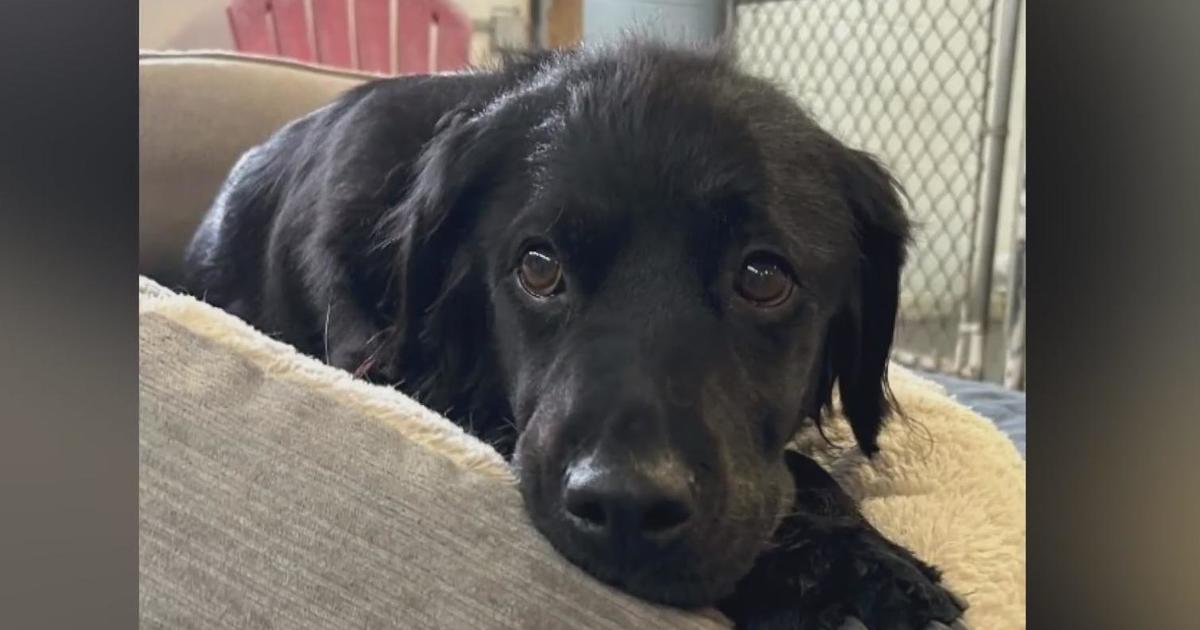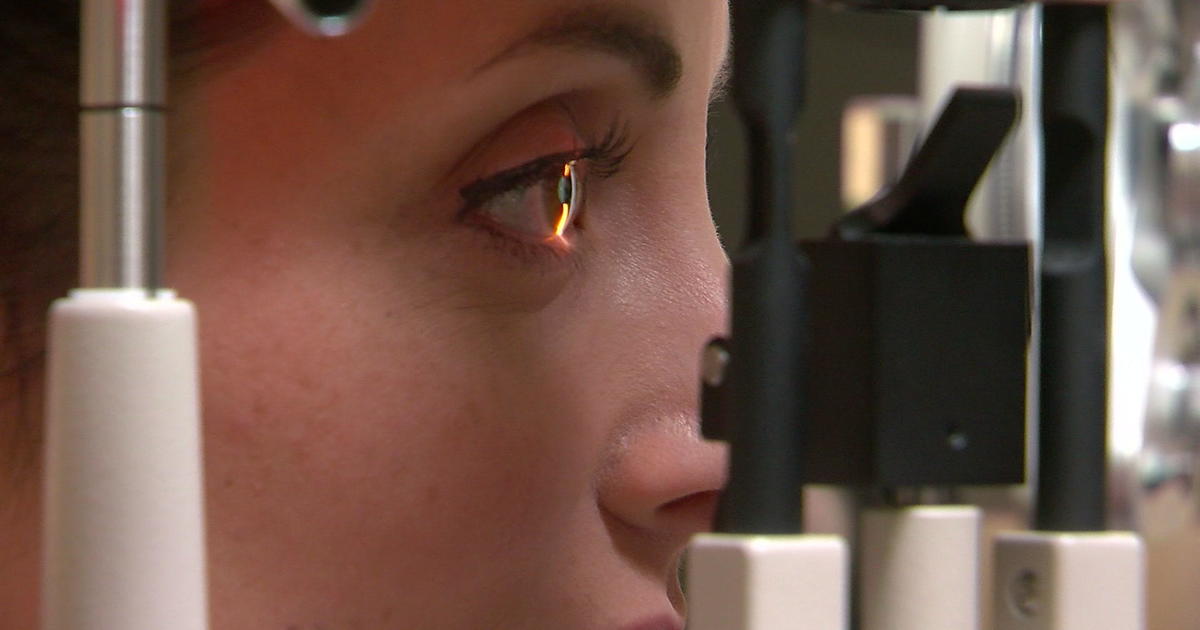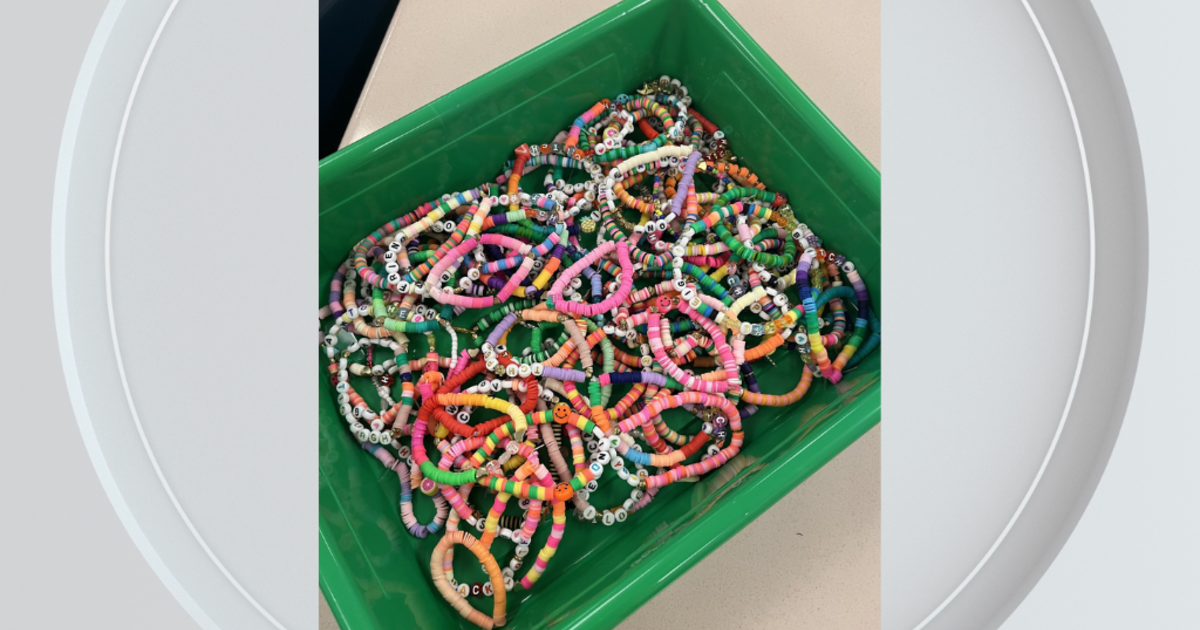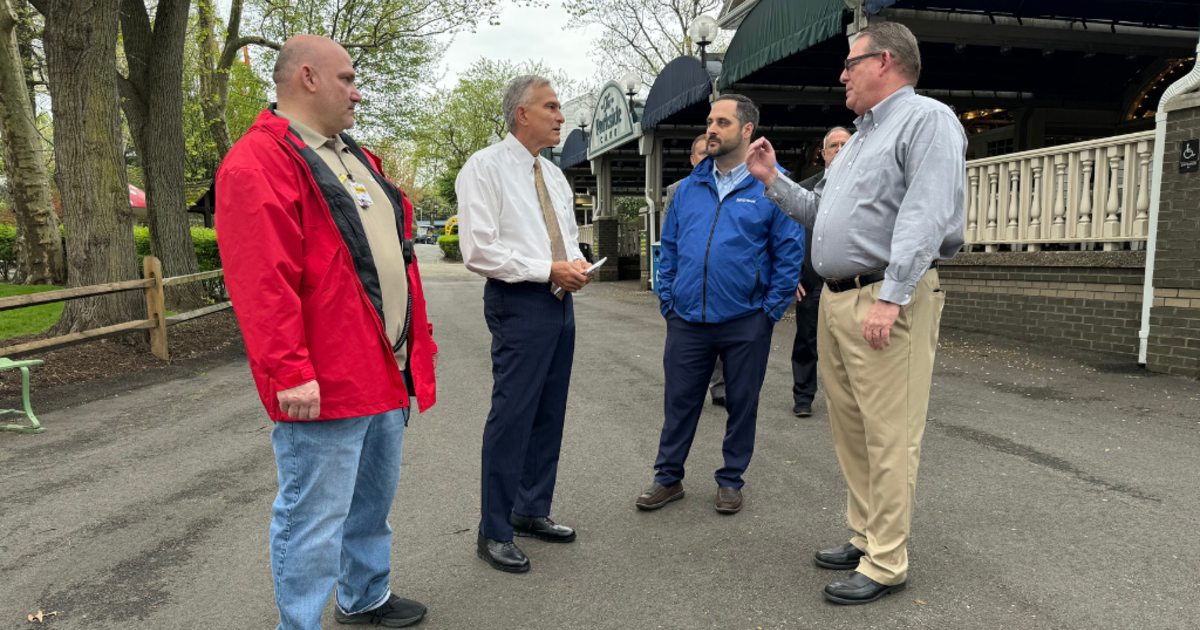KDKA Investigates: Allegheny Co.'s New High-Tech Tool Helping To Protect Children
Follow KDKA-TV: Facebook | Twitter
PITTSBURGH (KDKA) -- Most of us wouldn't want their job. The CYF Call Screeners are part of a process that could mean life or death for a child.
"You know, the safety of children, so you definitely want to make the best decision you can," said Jessie Schem, a screener supervisor.
But for lots of reasons, that doesn't always happen.
Seven years ago, neighbors called the county over-and-over to complain that Kiaira Ford wasn't taking care of her kids. Caseworkers never checked it out. Then, one night, she left her boys home alone, a fire broke out and 7-year-old KiDonn and his 4-year-old brother, KrisDonn, died.
Mark Cherna, the Allegheny County Human Services director, takes it personally.
"In a case like that, if we had a score, and we were able to run that, it might have made a difference," he says.
A "score," in other words, could a "computer score" do a better job of predicting which kids are in the most danger?
What if it factored in things like arrest records in a family? Who's been charged with assault, or sex crimes, or neglect? Who's already in the child welfare system? Who's been in treatment for drug or alcohol addiction?
When Cherna asked the experts here's what he got: a program where screeners type in basic information, the computer gathers those records, and within seconds, spits out the level of danger to a child - from low to very high.
It's called KIDS, or the Key Information and Demographic System, and a team of computer scientists from New Zealand developed it.
Screeners get a great tool, and some peace of mind.
"The human brain isn't all that good at bringing all that information together to assess risk, so what the tool also helps them to do, the score, is bring all that information together and assess long-term risk of harm," said Human Services Deputy Director Erin Dalton.
Child protection agencies around the world are interested, the program even made "The New York Times."
"We're the guinea pigs in a lot of ways," said Cherna. "We meet every two weeks and try to tweak it and make it better, but a lot of people are interested in doing this and learning form us."
But it doesn't have the final say.
KDKA's Andy Sheehan: "So, it's a tool, it doesn't replace human judgement?"
Dalton: "I think that's absolutely right. I don't think anyone in call intake would say they're blindly following the score."
But Allegheny County officials believe the program is already helping make better decisions, wasting less time and resources, and focusing efforts more on cases that matter most.
Cherna: "If we can make better decisions on whether to go out or not, so we go out on the high risk, high need cases, and screen out the cases that are low risk and low need, that helps us with our resources, but it also helps to do a better job around this."
Sheehan: "And save lives?"
Cherna: "Absolutely."



